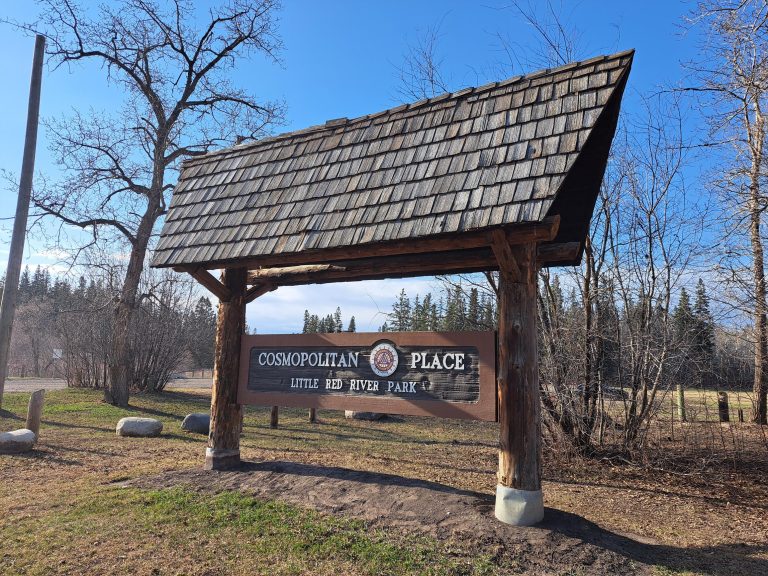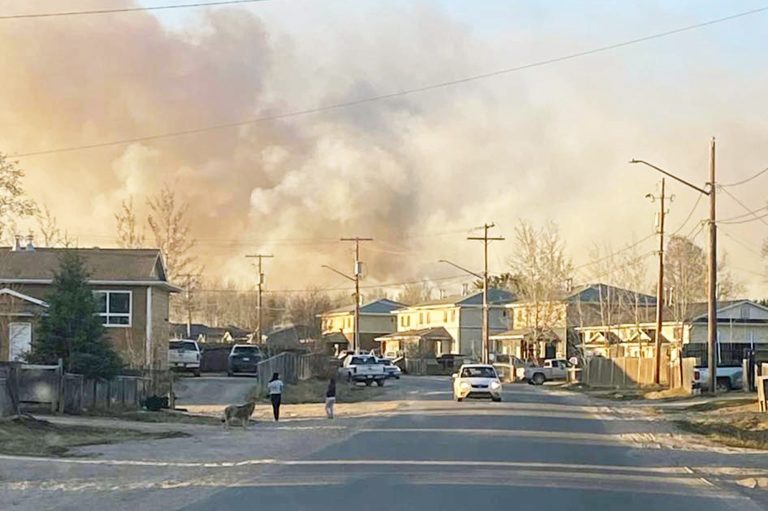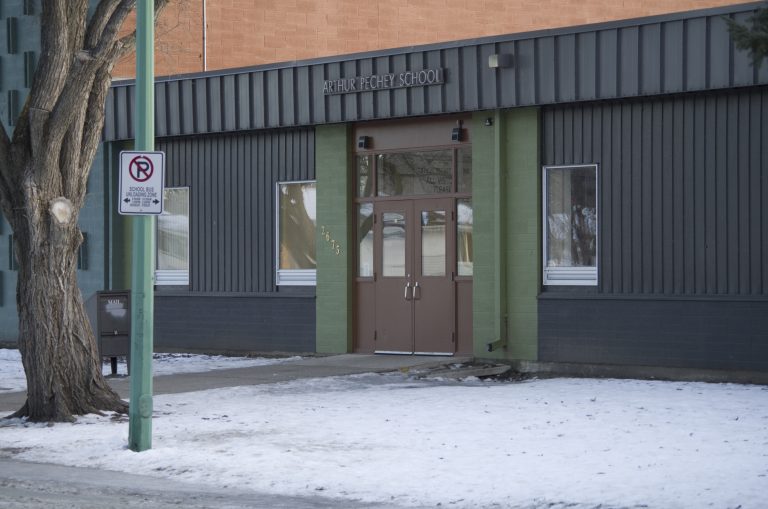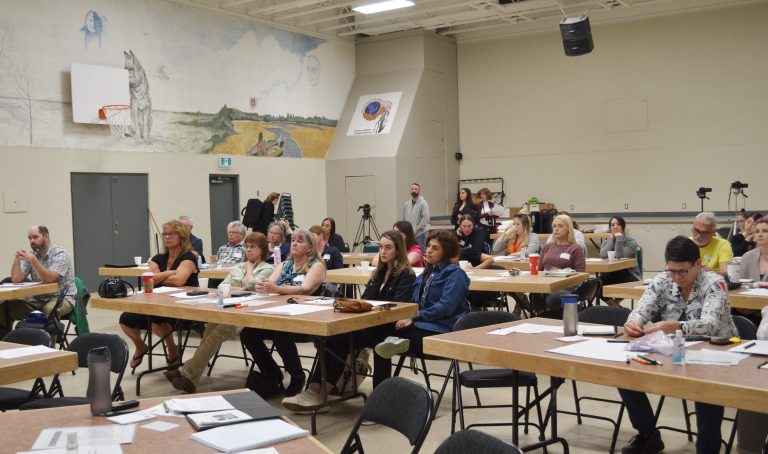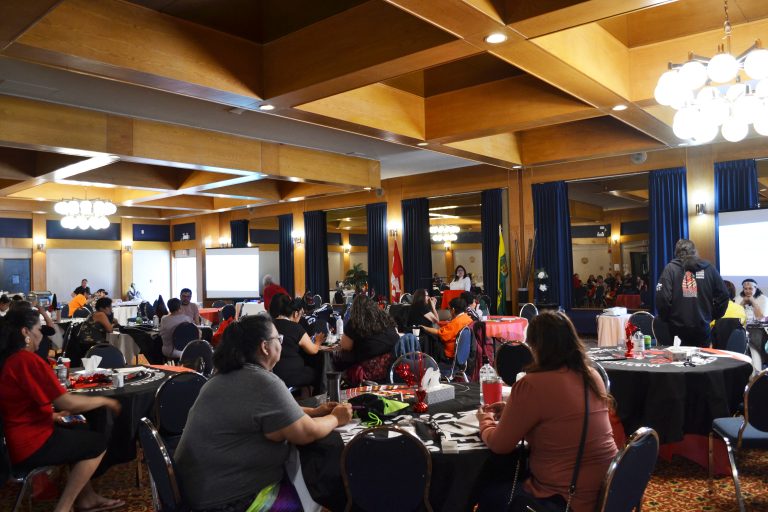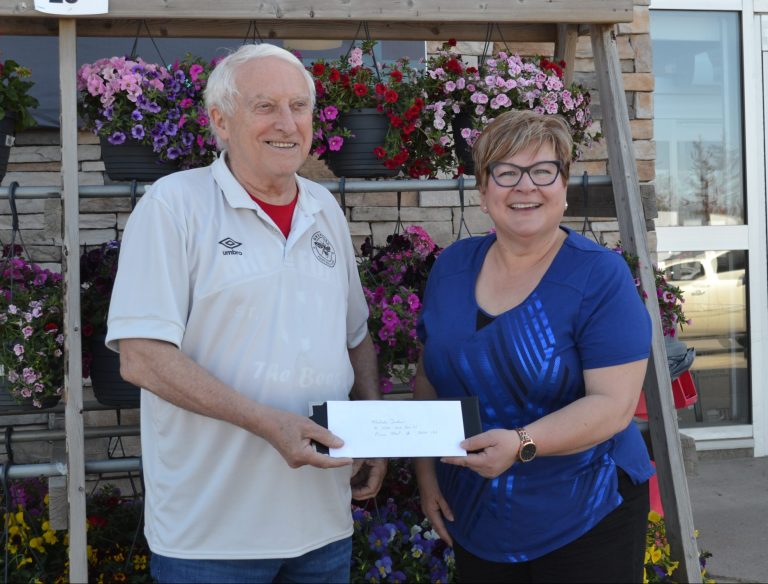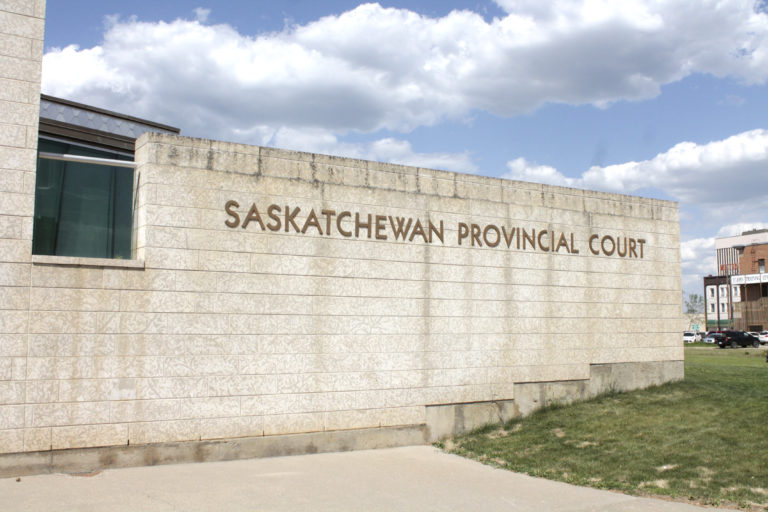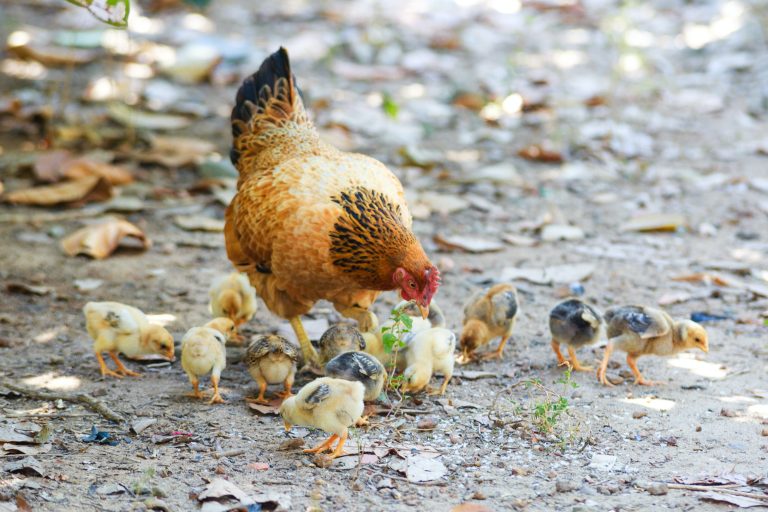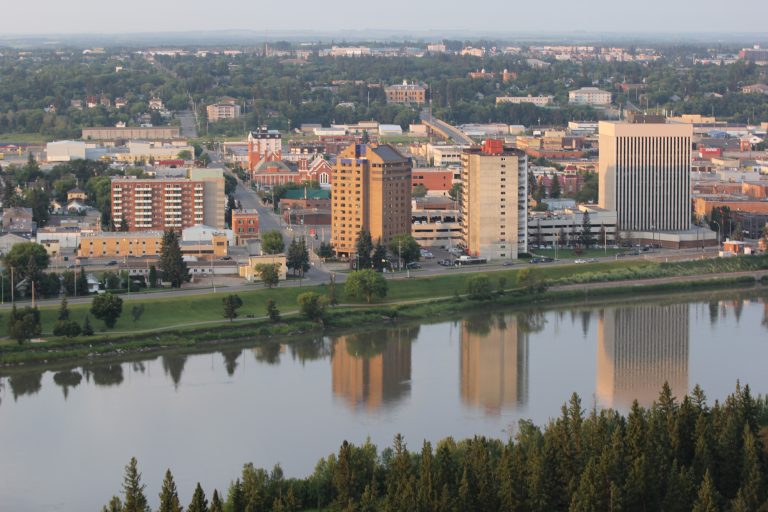The Prince Albert community will be getting a visit from long-time Saskatchewan business advocate Paul Martin, where he will sharing knowledge on how local business and entrepreneurs can more effectively leverage assets to increase investment.
In an interview with the Herald, Martin said the province is in “Saskaboom 2.0” and that Prince Albert’s business community is “punching above its weight class”, in terms of attracting investment right now.
“It’s a real standout in the province on that one and its ability to do that,” he noted.
Martin said over the next 24 to 36 months, Prince Albert will see its business and infrastructure spending slightly outpace the rest of the province on a per capita basis.
Real business opportunity resides in thinking about the big picture trends, said Martin, adding that embracing agriculture is one to jump on right now.
“We’re going to see some very dramatic change and significant change,” he said. “And if we’re smart, we will get on that boat, and we’ll ride the crest of that wave.”
Another thing Martin wants to encourage businesspeople to do is become more discriminating consumers of national news, and shift more focus to what’s being said locally.
He explained that because the national news resides in Toronto, it influences how they cover subjects like the Canadian economy.
“When we’re up, Toronto’s down,” said Martin. “Right now, in Toronto, the service side of the Canadian economy is down, the commodity side is up. So, we’re up, but if you live in Toronto, you can see the economy is down, housing prices are falling and all that sort of stuff.”
Stats Canada recently reported that Saskatchewan had the fastest and largest growth rate of any province in the country, a performance in which Martin forecasts for 2023 as well.
“If you watch the national news, you don’t get that impression,” said Martin. “When you look up and down the street, you’ll find out that things are pretty strong here locally and that we have to be more discriminating when we listen to the national news and understand that those people live in Toronto and that’s the world they see.”
Martin said it’s important that small businesses are aware of the bigger picture, which is where he comes in.
“You’re head down, you’re in the trenches, you’re working every day satisfying customers. Demand is strong right now and you’re trying to keep up. Supply chains are what they are; they’re difficult,” he said. “The job for people like [me] is to take a look out over the horizon and see what’s the lay of the land out there, and then report back to them.”
Born and raised in southern Saskatchewan, Martin’s career as a business journalist has spanned various radio, television, print and electronic media channels across the province since the early 1970’s.
Currently, Martin is a partner in the public relations firm, Martin Charlton Communication, and chairs the Board of Directors of Des Nedhe, an Indigenous economic development corporation owned by English River First Nation.
In 2021, Martin was recognized for his contributions to Saskatchewan’s economy with the Lifetime Achievement Award from the Saskatchewan Economic Development Alliance.
The Prince Albert Chamber of Commerce will be hosting Paul Martin at the Ches Leach Lounge in the Art Hauser Centre on May 9, as part of their 2023 Luncheon Series.

